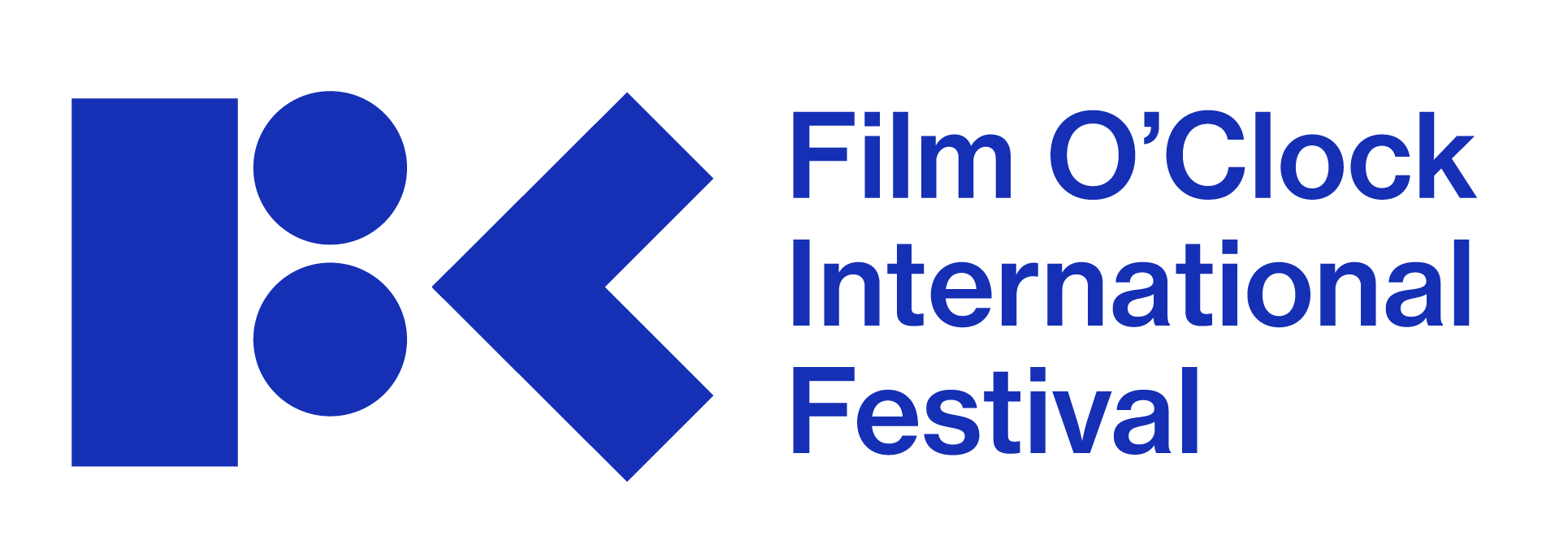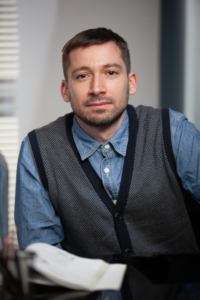
Solidarity in Frames: Exploring Regional Connections in Romanian and Polish Cinema with Ion Indolean
As someone familiar with both Romanian and Polish cinema, do you see shared themes or approaches that reflect a common regional sensibility, especially when it comes to dealing with history, trauma, or social transformation?
Yes, Romanian and Polish cinema often feel like they speak the same emotional language. There’s a shared instinct to look at history not through grand ideological lenses, but through the lens of everyday life, often marked by ambiguity, irony, and quiet resistance. Both film cultures have emerged from the shadows of authoritarian pasts, and they’ve responded by telling stories that are intimate, often minimalist, and emotionally charged in subtle ways.
There’s also a shared concern with moral complexity. The characters are rarely heroes or villains—they’re people navigating morally grey spaces shaped by regimes, institutions, and sometimes just fatigue. This gives the films a kind of tragic dignity. I think that’s part of a regional aesthetic: not just portraying trauma, but understanding how people live with it, how they carry it in silence.
I want to stress something important: I sometimes feel that we’re living in parallel universes—each of us in our own country, surrounded by our own national pride, our own stars and cultural figures. We don’t really know each other at a regional level, and that’s a real loss, in many ways. While we’re constantly bombarded by the dominant narratives of global super cultures, I believe it’s just as important—if not more so—to pay attention to what’s happening closer to us, in our neighbouring countries, in the region we share.
Romanian and Polish cinema often deal with history and social change. What similarities do you see between them, especially in how they portray solidarity?
When I think of solidarity, I’m reminded of Marcel Łoziński and the way he challenged autocracy in Poland while supporting the Solidarity movement. I often show his work to my students and ask them to reflect on how they understand the events of the 1980s. It’s crucial to revisit those moments—not to dwell on the past, but to recognize patterns, remain vigilant, and understand how fragile freedom can be.
Solidarity in these cinemas rarely takes the form of grand gestures or idealistic slogans. Instead, it often appears as something fragile and situational born out of necessity, improvisation, or shared suffering. In both traditions, we see characters who help each other not because they believe in a cause, but because they see the other as equally vulnerable. That human recognition becomes the seed of solidarity.
Films like 4 Months, 3 Weeks and 2 Days or Ida tell deeply personal stories that, paradoxically, open much larger historical and social questions. In both cases, two women rely on each other in difficult, even dangerous situations. Their solidarity is quiet but vital. It’s not about ideology—it’s about presence, about not leaving someone alone in their struggle.
Your films often explore themes of community, resilience, and the human side of society. How do you see the idea of solidarity reflected in Romanian cinema today? How has that evolved in recent years?
I think we’re seeing a gradual shift. Romanian cinema has long been focused on exposing institutional failure, isolation, and disconnection. That critical gaze was necessary—and still is—but in recent years, there’s been more space for portraying the gestures that hold people together: care, friendship, mutual support. These portrayals aren’t always optimistic, but they suggest that tenderness and solidarity can still exist—even in fractured societies.
In my own films, I’ve tried to explore this idea not through heroic characters, but through collective rhythms—small groups, fragile alliances, shared time and space. I’m interested in how people stick together when there’s nothing left to gain. It’s not always dramatic, but it’s deeply human.
I’m particularly drawn to telling stories about people on the margins—individuals who are in need, or who fight quietly for their own welfare and dignity. One example is a documentary I am making about a semi-professional rugby team in my city, Cluj-Napoca. Through that project, I met people I probably wouldn’t have encountered in any other context.
What I find fascinating about filmmaking is that it allows me to enter worlds and communities I wouldn’t normally have access to. And in those spaces, I often witness resilience in its rawest form. Take the rugby players, for instance: since the team is semi-professional, they don’t earn much, so they must balance demanding jobs alongside their training and matches.
It made me think about the contrast with more glamorous sports, like football or tennis, where the lifestyle is completely different. These rugby players, though, keep going out of pure passion. And I found that deeply moving—because sometimes, passion can substitute for money. Or at least, it becomes the fuel that keeps people going when external rewards are limited.
For me, that’s a powerful reminder that being genuinely passionate about what you do can create its own meaning. And maybe, in time, the results—financial or otherwise—will follow. So yes, that’s my answer.
You’ve been involved with both the Transylvania International Film Festival and academic film education at Babeș-Bolyai University. How do festivals and universities help build cross-border connections and foster a sense of cinematic solidarity?
Both spaces allow for encounters—between generations, countries, and cinematic languages. At TIFF, for instance, I’ve seen how a film from Argentina, China or The Netherlands can speak to an audience in Cluj as if it were made next door. That’s because cinema, when it’s honest, finds the connective tissue between different realities.
At the university, I try to help students see that film is both a creative act and a cultural dialogue. They’re not just learning how to make films—they’re learning how to respond to the world, how to listen, how to collaborate. Festivals and academia are very different ecosystems, but both can create spaces where shared experiences take root. And that’s where solidarity begins—in the recognition of something common within difference. Festivals teach us how to watch; universities teach us how to think. Both are essential in learning how to listen.
Film O’Clock International Festival connects 11 countries through films and discussions. How do you see this festival supporting the idea of solidarity between different cultures?
The concept of Film O’Clock—that audiences in different countries watch and discuss films simultaneously—is not just symbolic, it’s also profoundly democratic. It gives people a shared time and space to experience cinema together, even if they’re separated by borders. In an age when fragmentation and isolation are common, that act of watching and reflecting together is radical in its own way.
More than promoting cultural exchange, the festival encourages mutual attention. It says: “Let’s not just show who we are—let’s also witness who the others are.” That’s the beginning of any meaningful solidarity. It doesn’t erase difference—it honours it, invites it in, and asks: “What can we learn from each other?”




